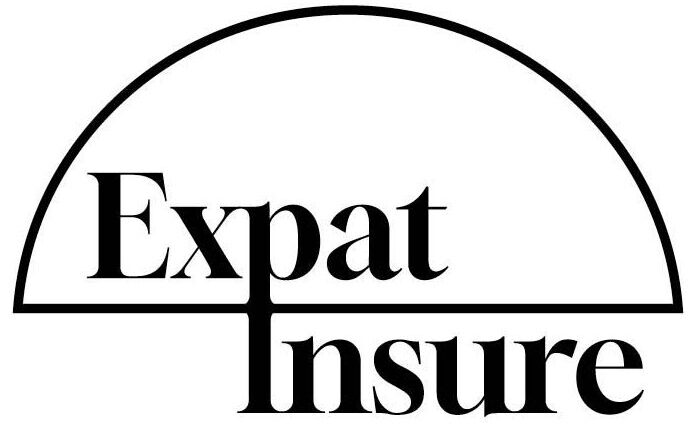[ {
\”type\”: \”highlight\”,
\”id\”: \”c89e22d6-68e7-4344-be7d-180764ff2390\”,
\”shape\”: \”underline\”,
\”isFront\”: false,
\”isAnimationEnabled\”: false,
\”animation\”: \”draw\”,
\”duration\”: 0.5,
\”direction\”: \”right\”,
\”color\”: {
\”type\”: \”THEME_COLOR\”
},
\”thickness\”: {
\”unit\”: \”em\”,
\”value\”: 0.1
},
\”linecap\”: \”square\”
} ]
A Guide for Expats
There is perhaps no greater killer of people before their time than heart disease – aka cardiovascular disease. However, while some people are higher risk genetically, there are things everyone can do to reduce their risk by changing their habits.
Cardiovascular disease (CVD) remains the leading cause of death worldwide, encompassing conditions such as heart attacks and strokes, and for expats, adapting to a new environment can introduce lifestyle changes and stressors that may elevate the risk of developing CVD. However, it\’s extremely possible to prevent and manage these conditions to maintain your current health while living abroad — and we have some ideas how.
What Is Cardiovascular Disease?
Cardiovascular disease refers to a group of disorders affecting the heart and blood vessels, including coronary artery disease, hypertension, and cerebrovascular disease. Major risk factors include high blood pressure, elevated cholesterol levels, smoking, physical inactivity, poor diet, and excessive alcohol consumption. For expats, additional challenges such as adapting to new dietary habits, differing healthcare systems, and potential language barriers can complicate the management of these risk factors. Recognizing the signs and symptoms of CVD, such as chest pain, shortness of breath, and fatigue, is essential for early intervention and effective management.
Heart-Healthy Diets
A balanced diet plays a pivotal role in preventing CVD. Embracing dietary patterns like the Mediterranean or DASH (Dietary Approaches to Stop Hypertension) diets can significantly reduce cardiovascular risk. These diets emphasize the consumption of fruits, vegetables, whole grains, lean proteins, and healthy fats, while limiting saturated fats, trans fats, and sodium. As an expat, exploring local markets to incorporate fresh, regional produce can enhance your diet and cultural experience. Being mindful of portion sizes and reducing the intake of processed foods and sugary beverages are also crucial steps toward heart health.
Physical Activity
Physical activity is essential for cardiovascular health. Engaging in at least 150 minutes of moderate-intensity exercise, such as brisk walking or cycling, per week can help maintain a healthy weight, lower blood pressure, and improve cholesterol levels. For expats, integrating into local sports or fitness communities can provide both physical benefits and social connections. Exploring your new environment through activities like hiking or joining local dance classes can make exercise enjoyable and culturally enriching. Consistency is key, so finding activities you enjoy will help sustain an active lifestyle.
Managing Stress and Mental Health
Chronic stress is a significant contributor to CVD. The challenges of adjusting to a new country, such as cultural differences and homesickness, can increase stress levels for expats. Practicing stress-reduction techniques like mindfulness meditation, deep breathing exercises, and yoga can be beneficial. Establishing a support network by connecting with fellow expats or local community groups can provide emotional support and alleviate feelings of isolation. Seeking professional help when needed is also important for maintaining mental well-being.
Regular Health Screenings and Medical Care
Regular health check-ups are vital for early detection and management of CVD risk factors. Monitoring blood pressure, cholesterol levels, and blood glucose can help identify potential issues before they become serious. As an expat, familiarize yourself with the local healthcare system to ensure access to necessary screenings and medical care. Maintaining a record of your health history and any medications can facilitate communication with healthcare providers in your host country. Proactively managing your health can lead to better outcomes and a higher quality of life.
Preventing and controlling cardiovascular disease requires a comprehensive approach that includes a healthy diet, regular physical activity, stress management, and routine health screenings. For expats, being proactive about heart health is essential to fully enjoy the opportunities of living abroad. By implementing these strategies, you can significantly reduce your risk of CVD and lead a fulfilling, healthy life in your new environment.


